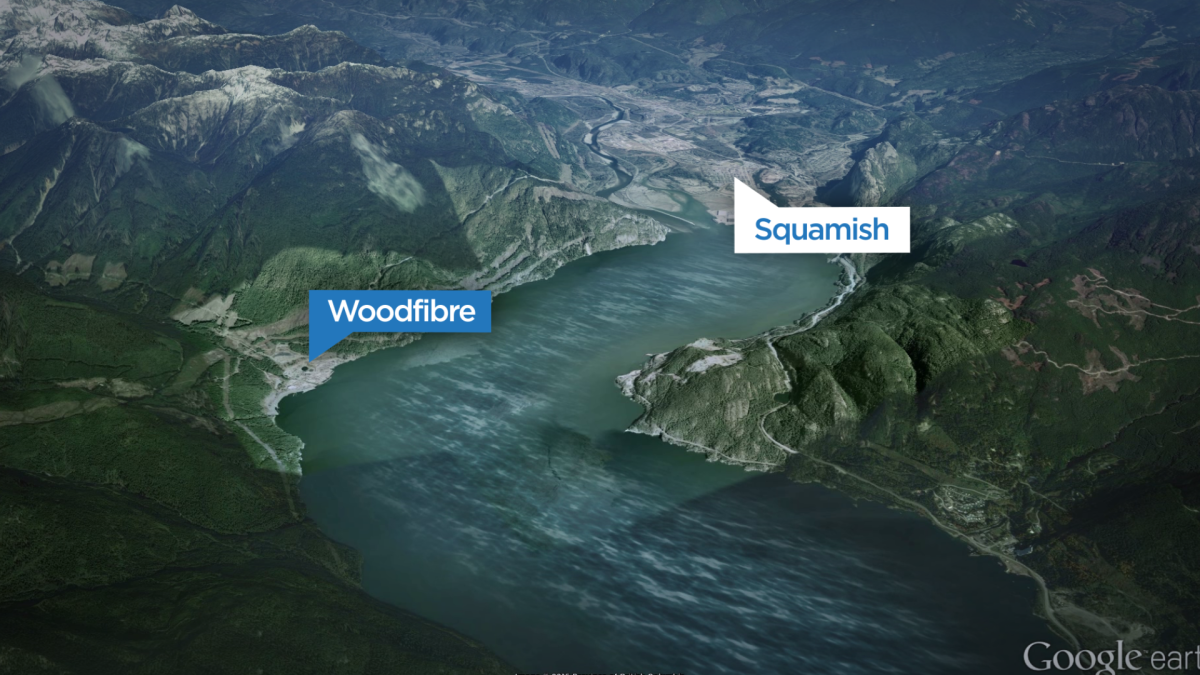Dozens of watercraft filled Howe Sound Saturday afternoon to oppose liquefied natural gas and other industrial development in the Squamish area.

The flotilla, a recurring protest organized by the group My Sea to Sky, aims to draw attention to a waterway that activists say has only begun to recover after a century of heavy industry.
“It threatens the recovery of the herring and it threatens salmon as well, not to mention whales and all kinds. Everything, pretty much everything that lives in Howe Sound,” said organizer Tracey Saxby.
“Howe Sound is a treasure in our back yard. Imagine what Vancouver would be like if Stanley Park wasn’t protected.”
About 150 people took part in the floating demonstration that targeted in large part the proposed Woodfibre LNG plant.
Boaters formed a heart shape around a banner reading “protect Howe Sound” that they said they intend to send to politicians.
In addition to the region’s marine ecosystem, project opponents say they are concerned the LNG plant will generate greenhouse gasses and contribute to climate change.

Get daily National news
“As our world is getting warmer, the oceans are actually drawing in more carbon, which is making the ocean water more acidic, so this is a really big problem as well,” Saxby said.
Global News has reached out to Woodfibre for comment.
But according reports earlier in the month, there are plans to seek long term contracts and begin construction in 2018.
However as oil and gas prices plummet, some industry watchers are skeptical about the project’s future.
“If large international players like Shell and Petronas can not make a go of LNG, I don’t see how a small operator like Woodfibre can,” said Tom Gunton with SFU’s school of Resource and Environmental Management.
In July, Malaysian energy giant Petronas pulled out of the $36 billion Pacific Northwest LNG project slated for construction at Lelu Island, near Prince Rupert.
That project was the largest of the about 20 LNG projects proposed for the province.
The $1.6 billion Woodfibre LNG proposal has made the largest strides towards completion of any B.C. project.
It has earned both provincial and federal environmental approval, and its backers committed to a final investment decision on the project last November.
The Squamish First Nation conditionally approved the project in 2015 subject to 25 conditions.
The province has estimated it will create 650 jobs during construction and 100 operational jobs over its estimated lifespan of 25 years.
-With files from Aaron McArthur














Comments